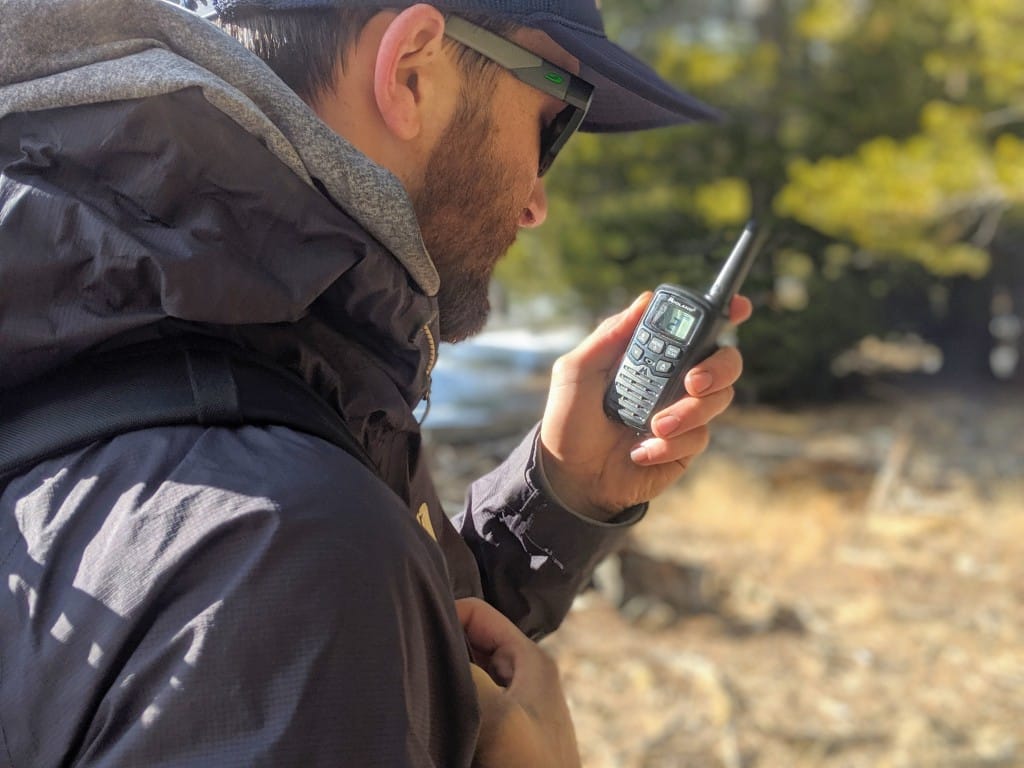Police officers use walkie-talkies because they are essential tools for effective communication in various situations. The importance of walkie-talkies in police work cannot be overstated, as they play a crucial role in ensuring safety, coordination, and efficiency. Here are several key reasons why walkie-talkies important for police officers:
Contents
Immediate Communication
One of the primary reasons police use walkie-talkies is the need for instant communication. In emergency situations, seconds can make a significant difference. Walkie-talkies allow officers to communicate quickly and directly with each other and with dispatchers. Unlike mobile phones, which can be subject to network delays or failures, walkie-talkies operate on dedicated radio frequencies that provide immediate and reliable communication.
Coordination and Teamwork
Police work often requires coordinated efforts among multiple officers. Walkie-talkies enable real-time updates and instructions, which are crucial during operations such as searches, pursuits, or crowd control. For instance, during a high-speed chase, officers need to share their locations and movements to strategize effectively and ensure public safety. Walkie-talkies facilitate this level of coordination far better than other communication devices.
Durability and Reliability
Walkie-talkies are designed to be robust and reliable, even in challenging environments. Police officers frequently operate in conditions where standard mobile phones might fail—whether due to harsh weather, physical impacts, or the need for hands-free use. Walkie-talkies are built to withstand such conditions, ensuring that officers remain connected and can communicate without interruption.
Specialized Features
Walkie-talkies used by police forces come equipped with features tailored to their needs. These include encryption for secure communication, the ability to operate on multiple channels, and emergency alert functions. Encryption ensures that sensitive information cannot be intercepted by unauthorized parties, which is vital for maintaining operational security and protecting sensitive data.
Range and Coverage
Unlike mobile phones, which rely on cellular networks that may not provide coverage in remote or underground areas, walkie-talkies operate on radio frequencies that can cover extensive areas. This is particularly important for police officers who might need to communicate in rural areas, inside buildings, or underground. The ability to stay connected in these scenarios is crucial for both officer safety and operational effectiveness.
Cost-Effectiveness
Walkie-talkies are also cost-effective compared to mobile phones. They do not incur ongoing costs such as monthly service charges or data plans. Once purchased, the primary costs are related to maintenance and occasional upgrades. This makes them a financially sensible option for police departments, which need to equip large numbers of officers with reliable communication tools.
Battery Life
Another advantage of walkie-talkies is their long battery life. Police officers often work long shifts and need devices that can last without frequent recharging. Walkie-talkies typically have extended battery life and can be quickly recharged or have batteries swapped out as needed, ensuring continuous operation throughout a shift.
Hands-Free Operation
In many situations, police officers need to use both hands while maintaining communication with their team. Walkie-talkies can be equipped with headsets and shoulder microphones, allowing for hands-free operation. This is especially useful in tactical situations, where officers need to remain focused on their surroundings while staying in touch with their colleagues.
Interoperability
During large-scale incidents or multi-agency responses, interoperability is crucial. Walkie-talkies allow different units and agencies to communicate seamlessly, even if they are not using the same primary communication systems. This interoperability ensures that all parties involved can coordinate effectively, whether they are from local police, fire departments, emergency medical services, or federal agencies.
Safety and Accountability
Walkie-talkies contribute to the safety and accountability of police officers. They provide a lifeline for officers in distress, allowing them to call for backup or assistance quickly. Additionally, the use of walkie-talkies can be monitored and recorded, providing an accountability measure that ensures communications are documented and can be reviewed if necessary.
In conclusion, police officers’ use of walkie-talkies is driven by the need for immediate, reliable, and secure communication. These devices are critical in enabling effective coordination, ensuring safety, and maintaining operational efficiency in a wide range of scenarios. Their durability, cost-effectiveness, and specialized features make them indispensable tools for modern policing.
